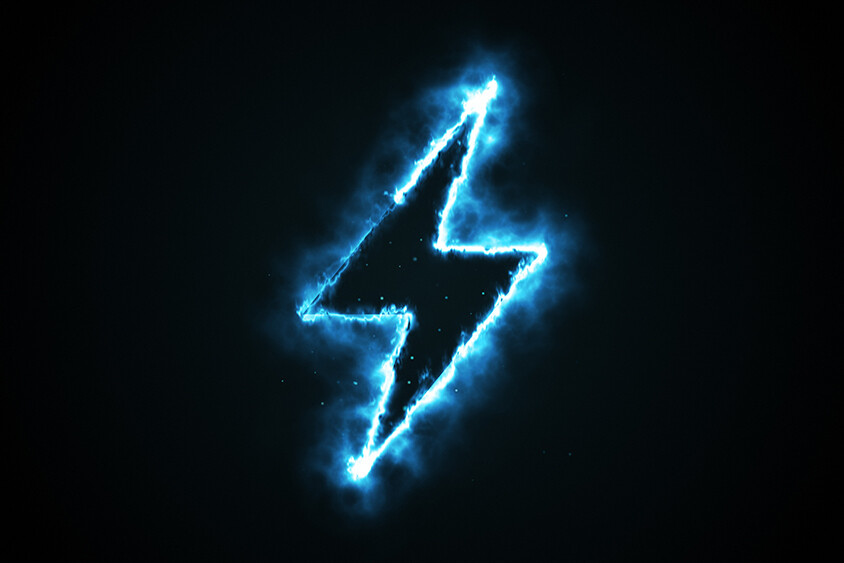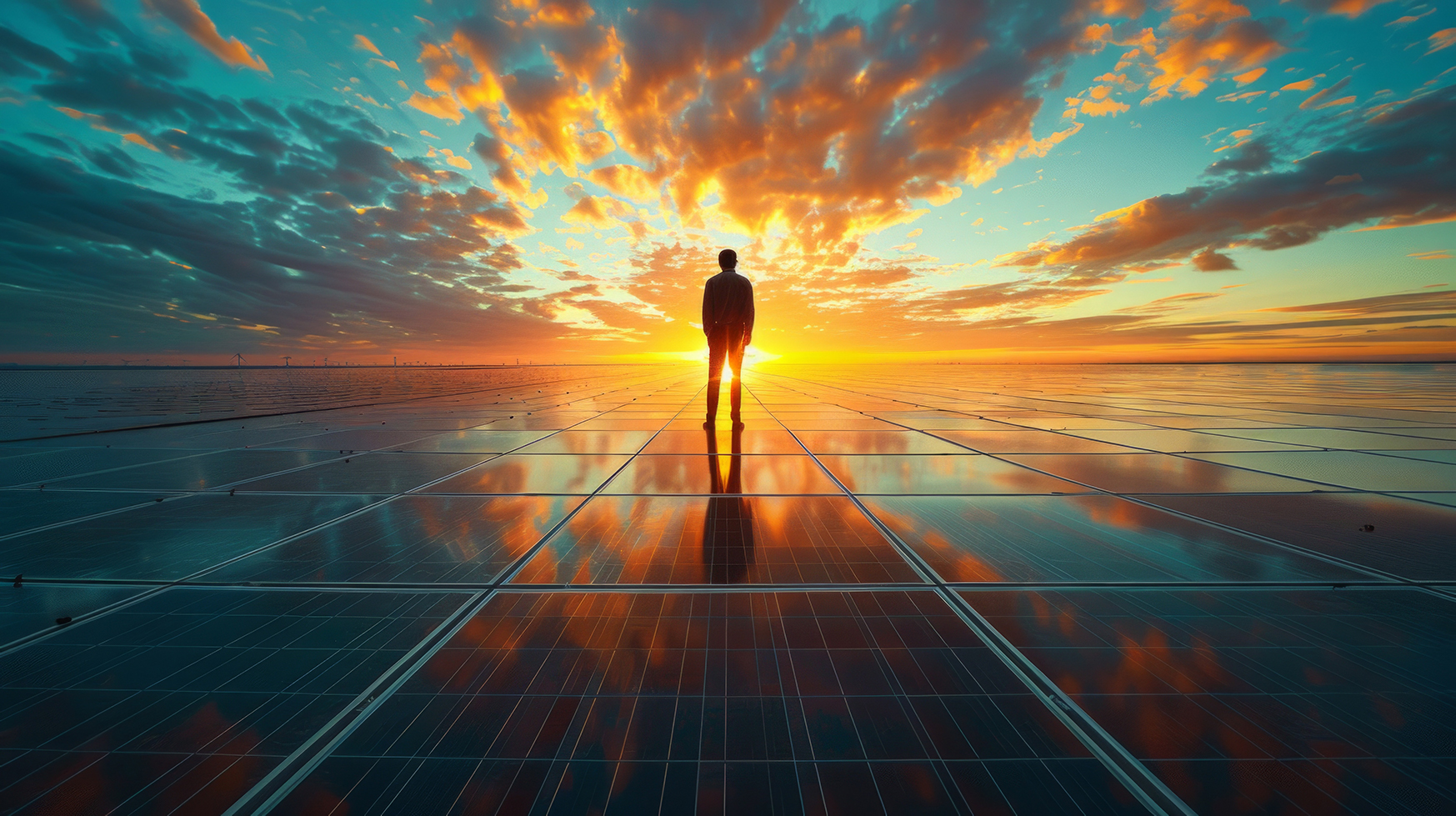What is the safest solar battery?

What is the safest solar battery?
Home battery storage is gaining popularity because of its simplicity. Easy to purchase, fit, monitor and use. It’s an easy way to maximise excess Solar power. However, most of us aren’t battery experts. Many want to understand what the safest solar battery is for our home?
Safety in Battery Storage has always been talked about by experts, but rarely in the glossy magazines. Why? With such an important subject matter you’d assume it would be high on the list of selling points. Sadly, many manufacturers don’t want to openly discuss it as many older, outdated batteries have had issues. Although mainly for larger commercial systems, we feel it’s still an important topic as a home battery is just a smaller version and worth talking about.
Let’s start with the pros for solar battery storage and why its popularity is growing.
- More control over your electricity generation and supply
- Less reliance on the grid or power companies
- Lower Electricity Bills
- Easy addition to existing Solar PV or as a new Solar PV set up
- Blackout Protection
- Sustainability
- Perfect for off grid living.
But what should I look for when buying a solar battery?
When buying a solar battery you should look for a number of things so that you have all the facts prior to purchase and installation.
Let’s talk about Safety.
There are many differing types of battery in the marketplace. Lithium-Ion Phosphate (LiFePO4) is generally considered as the most stable.
Why is LFP safer?
LFP batteries use phosphate as a cathode material. It does not decompose at higher temperatures and as such, is a much safer material.
The stability of LFP chemistry makes them an ideal fit for home battery storage. Longer life cycles and better thermal stability are the standout reasons. Longer life cycles translate into a longer warranty, giving you that all important reassurance when investing.
What is the difference between LFP and NMC?
LFP and NMC are two different sub-chemistries under Li-Ion batteries. LFP uses Lithium-phosphate as cathode material. NMC uses Lithium, Manganese, and Cobalt as cathode material. https://www.greencarcongress.com/2019/03/20190316-nmc.html
Historically, many manufacturers used Lithium Ion NMC Chemistry (Nickel Magnesium Cobalt). However, because of its low thermal stability there has been some fire risk, like publicised incidents with LG Chem batteries in recent years. https://www.bestmag.co.uk/indnews/lg-chem-forced-second-recall-residential-lithium-ion-ess-units-pose-fire-risk Read about the difference between NMC and LFP in full here. https://soltaro.com/soltaro-batteries-news-archives/nmc-protect-your-home-from-potential-risk
What is the difference between LiFeP04 and LiPo?
LFP (LiFePO4) Batteries are considered to have 4-5 times the life cycle of their Lithium Ion Polymer Counterparts (LiPO). In addition to this, their operating temperature range is much wider and safer.
Here at Soltaro, safety is of critical importance and that why we only use LFP chemistry within our batteries. Our AIO2 https://soltaro.com/aio2-all-new-combined-energy-storage batteries are also IP65 rated https://soltaro.com/wp-content/uploads/2021/12/AIO2_Ess_Datasheet.pdf . This rating allows our batteries to be installed inside or outside of your property, giving the ultimate in flexibility and safety.
Safety is just one of the points to look at when looking at home battery storage. Look out for warranty, technical support, physical size, and capacity. Flexibility to expand your system if your needs change is also important as is aftercare. If your battery is going to be installed internally it’s worth asking about amount of external wiring and noise. So many systems have beautiful ‘wire free’ marketing materials but because they have a mess of boxes and wiring. The real life install doesn’t look good.
Never forget, all batteries are not created equal. So, when looking for the safest home solar battery, we urge you to read the small print and ask questions.
We hope this article has been helpful. If you have a question about any of the Soltaro range, please get in touch here.
Get in touch
If you'd like to find out more about the AIO2 or any of our other products please complete your contact details using the steps below and we'd be happy to answer questions you have.
Aftercare & Support
Don't forget to register your new Soltaro purchase to validate and extend your warranty.
Register ProductsClich here to raise a support ticket and in most cases we can fix the problem without the need to visit your home.
Report a Technical IssueAll of our documentation including terms & conditions, warranty and techncal mannuals can be found here.
Documentation
